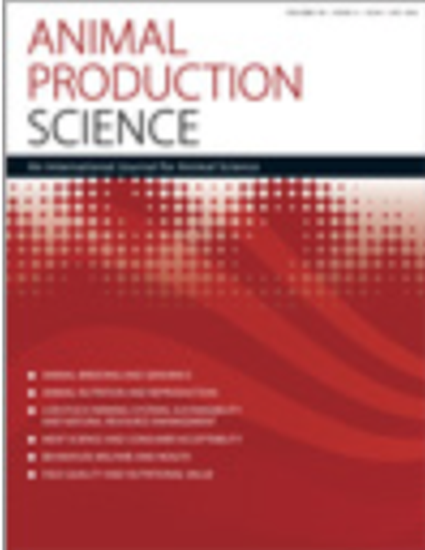
Article
Understanding and manipulating diet choice in grazing animals
Animal Production Science
(2015)
Abstract
Conventional models of foraging, such as optimal foraging theory, generally take the univariate approach to explain the decisions of consumers on the basis of the intrinsic properties of foods, including nutrient concentration and abundance. However, the food environment is inherently diverse and, as a consequence, foraging decisions are influenced by the interactions among multiple food components and the forager. Foraging behaviour is affected by the consumer’s past experiences with the biochemical context in which a food is ingested, including the kinds and amounts of nutrients and plant secondary compounds in a plant and its neighbours. In addition, past experiences with food have the potential to influence food preference and intake through a mechanism, namely, food hedonics, which is not entirely dependent on the classical homeostatic model of appetite control. Research on the impacts of experience with food context and its behavioural expression in natural settings should pioneer innovative management strategies aimed at modifying food intake and preference of herbivores to enhance their nutrition, health and welfare, as well as the health and integrity of the landscapes they inhabit.
Disciplines
Publication Date
2015
DOI
https://doi.org/10.1071/AN14449
Citation Information
Frederick D Provenza. "Understanding and manipulating diet choice in grazing animals" Animal Production Science Vol. 55 Iss. 3 (2015) p. 261 - 271 Available at: http://works.bepress.com/frederick_provenza/238/
